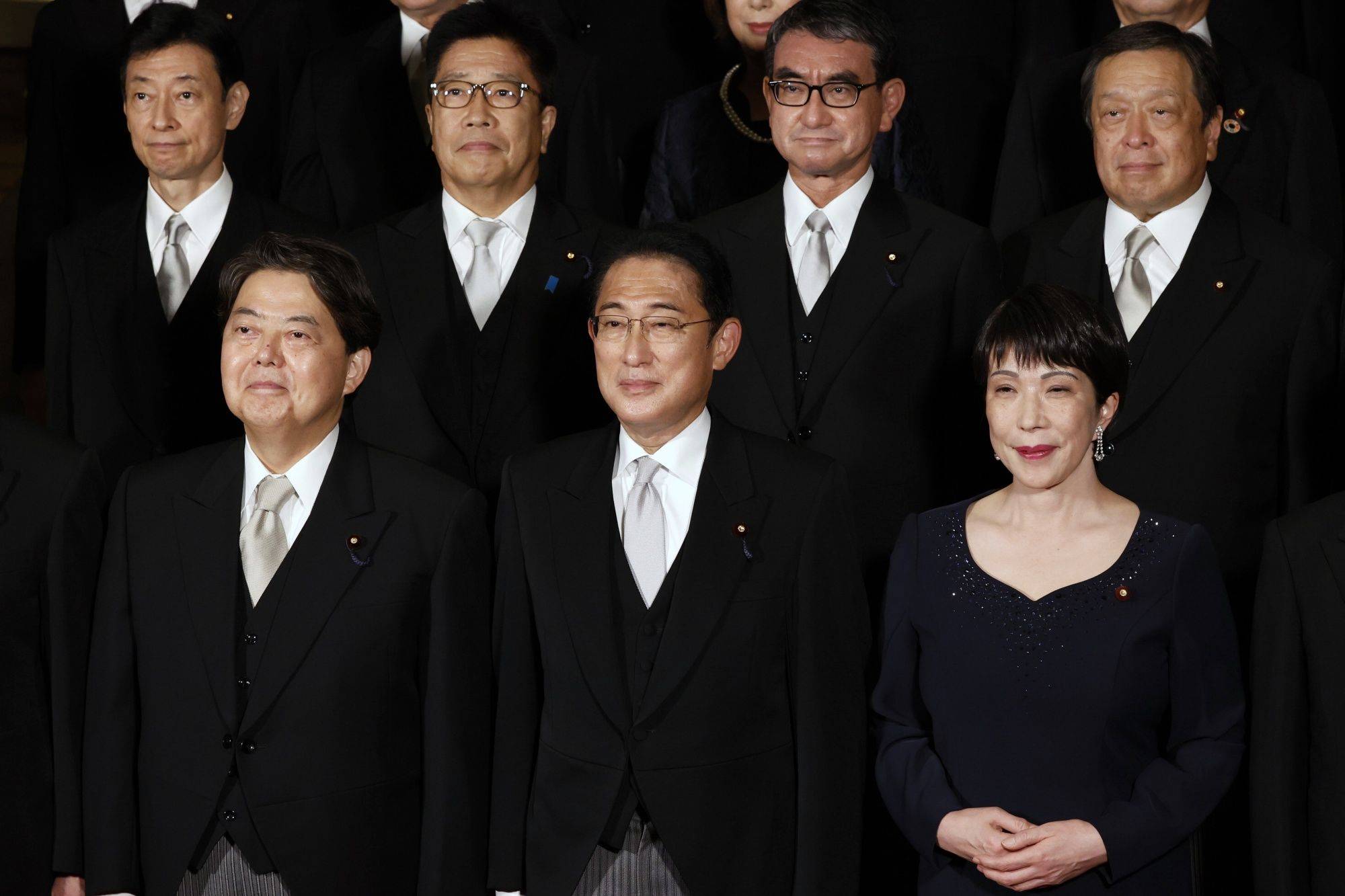Prime Minister Fumio Kishida’s overhaul of Cabinet ministers and Liberal Democratic Party executives emphasized factional balance and experience, with the prime minister eyeing political stability in advance of the autumn parliament session and a busy 2023 political calendar.
But shuffling the deck may do little to improve the Kishida administration's falling approval ratings, as experts say swirling controversy surrounding political connections between the Unification Church and LDP members is unlikely to go away anytime soon.
In addition to tackling his primary policy goals, Kishida faces a number of urgent tasks, including dealing with a seventh wave of coronavirus infections, inflation, concerns about energy supply and increased defense spending, as well as ensuring that a controversial state funeral for former Prime Minister Shinzo Abe does not create a further political backlash.


















With your current subscription plan you can comment on stories. However, before writing your first comment, please create a display name in the Profile section of your subscriber account page.